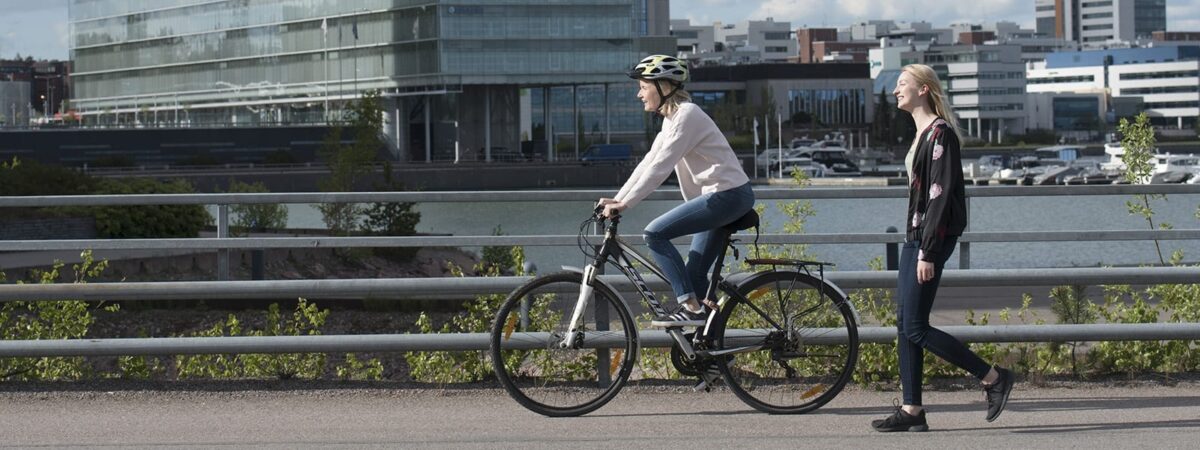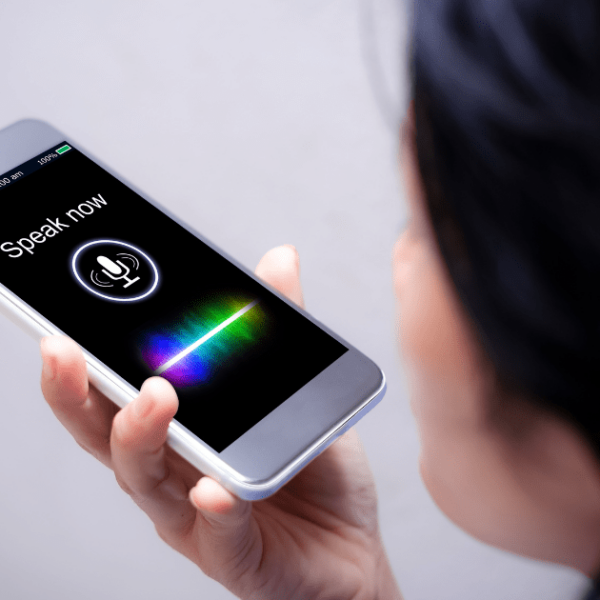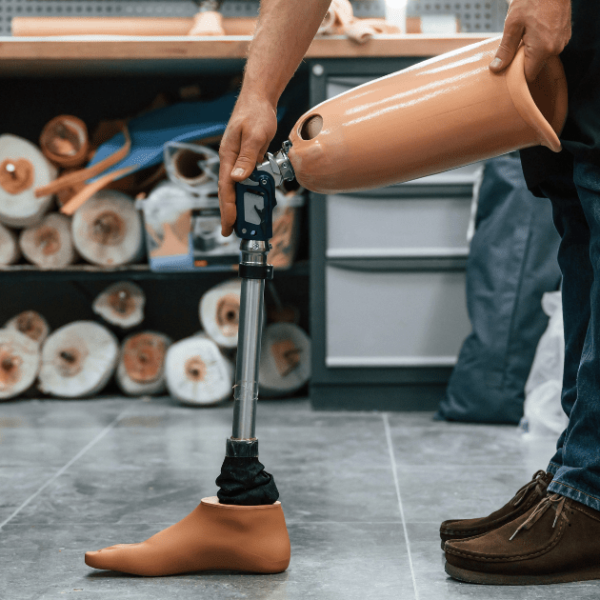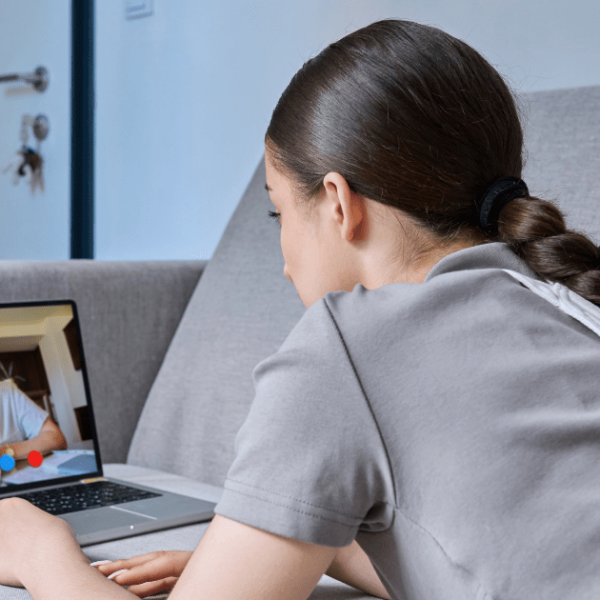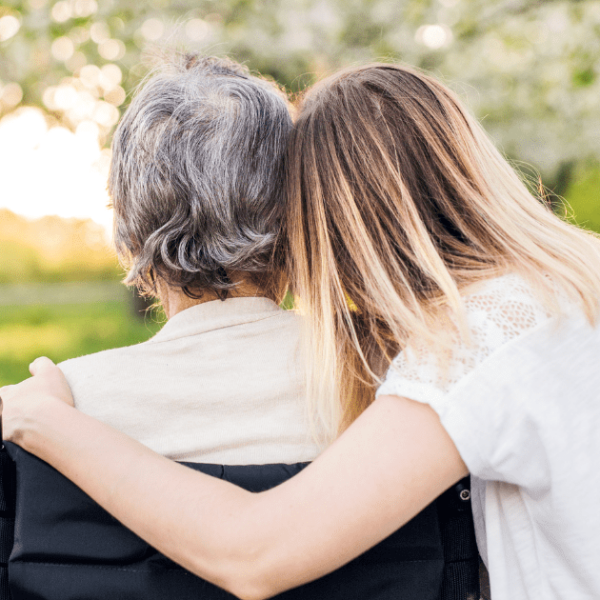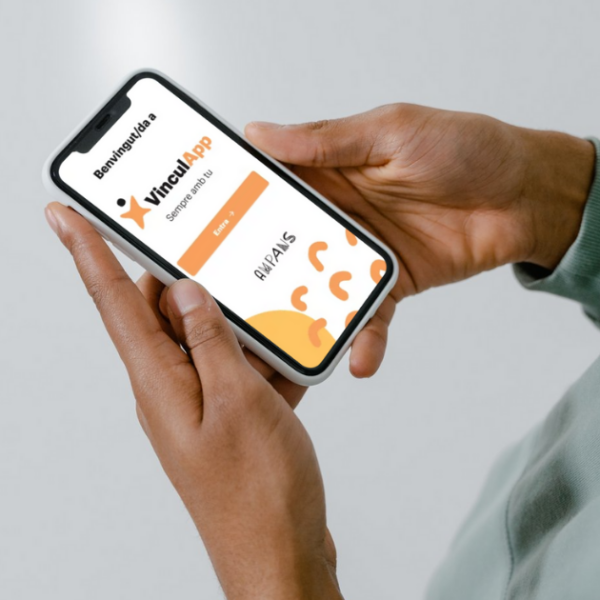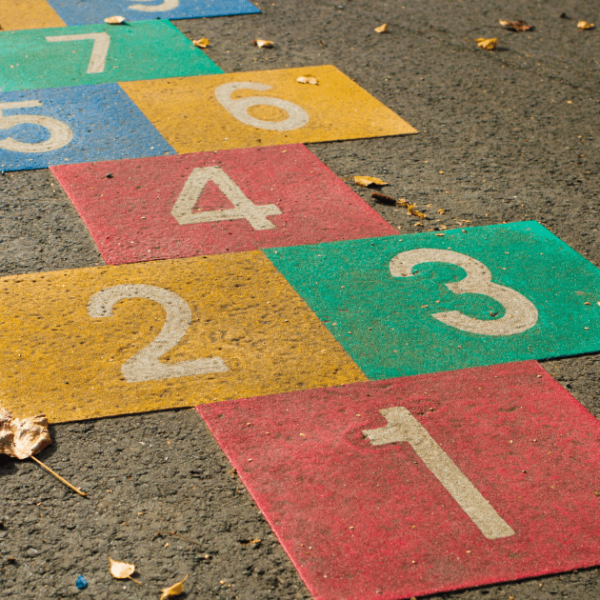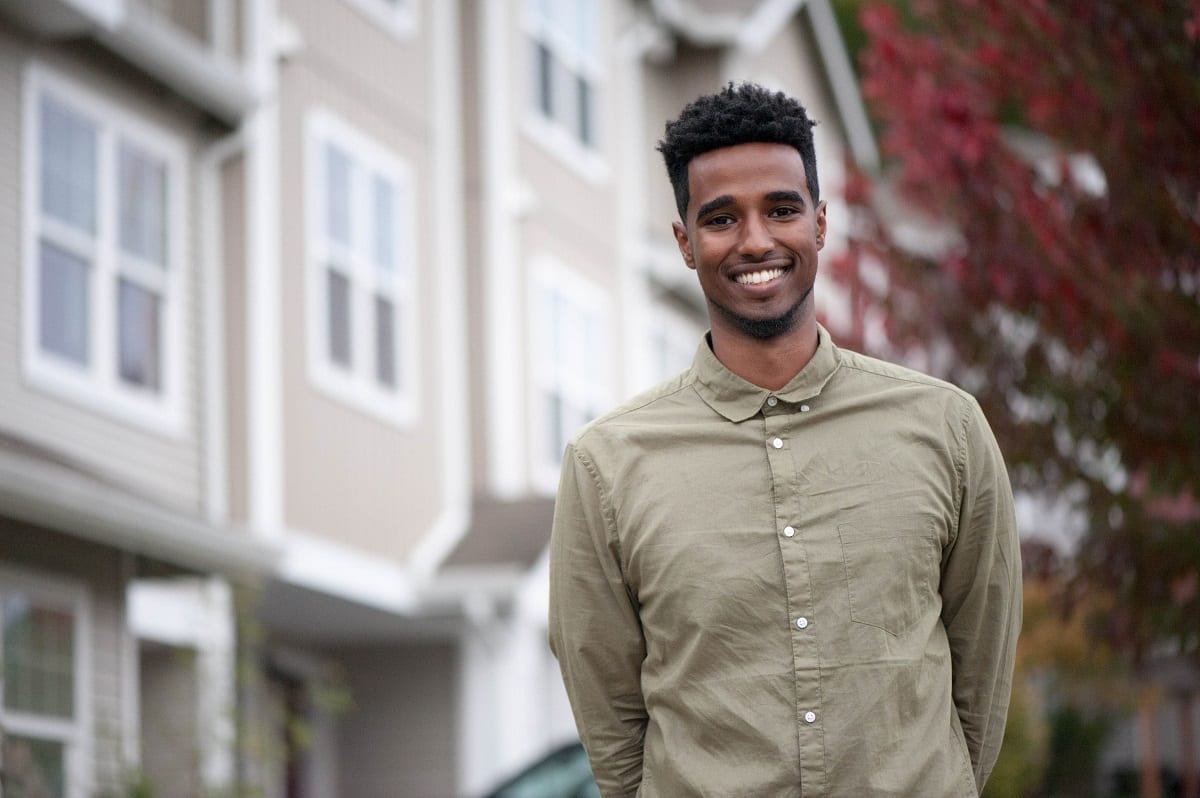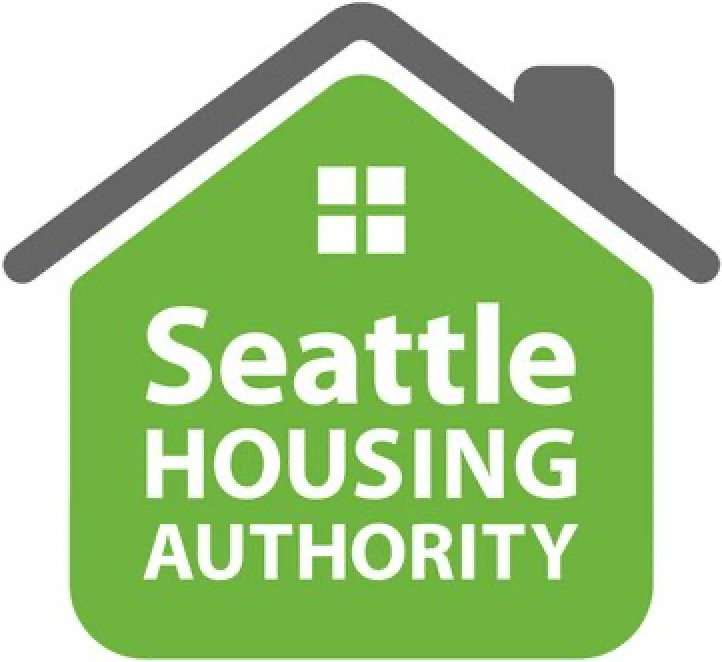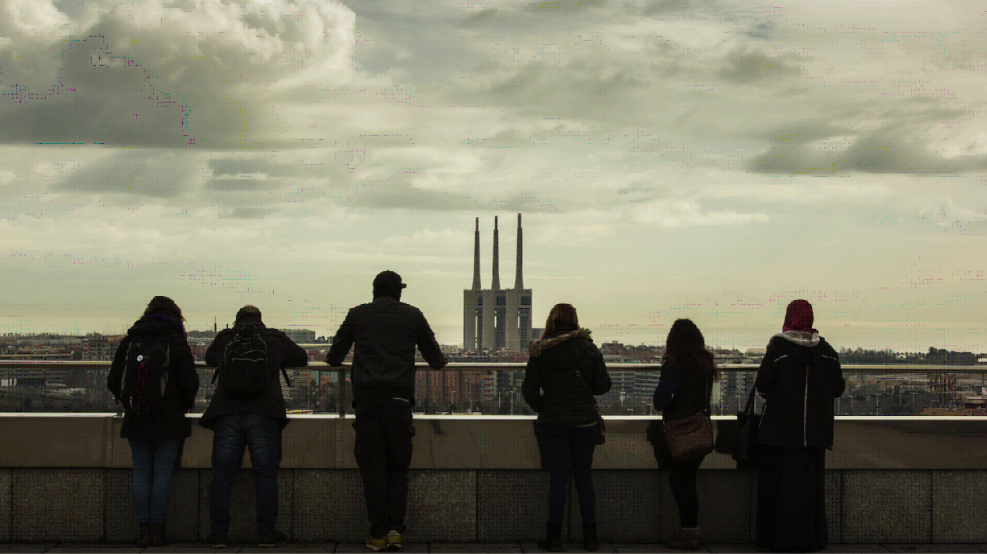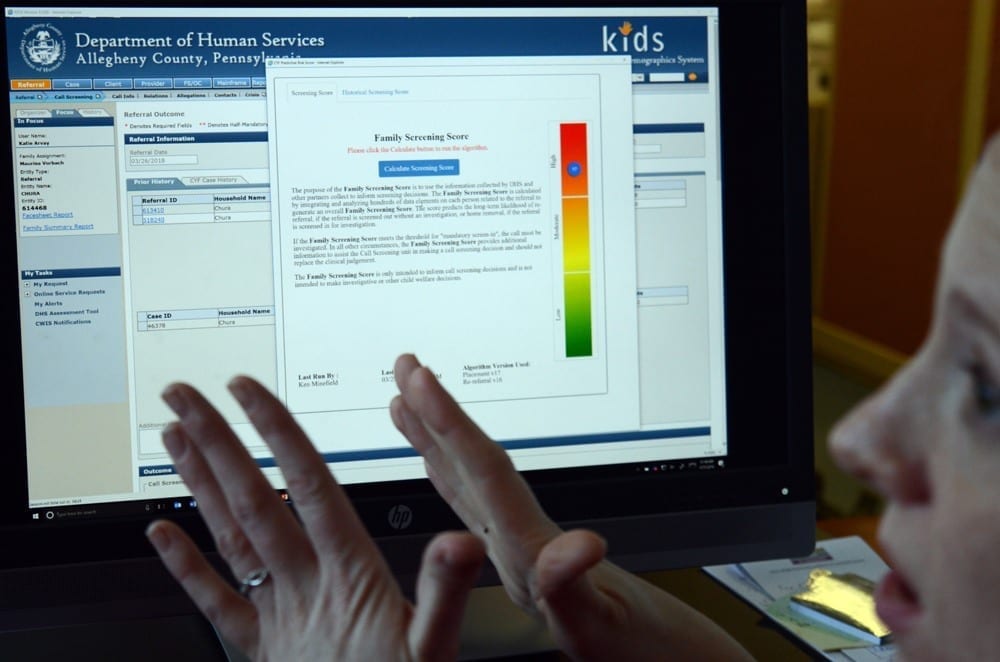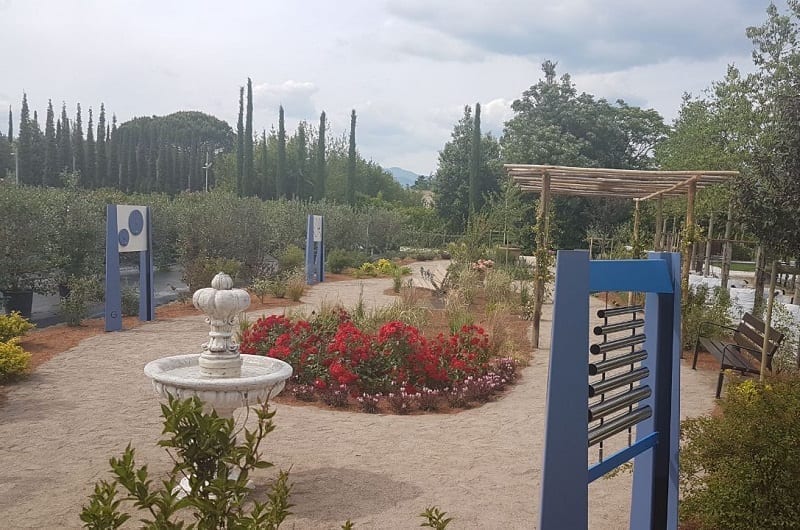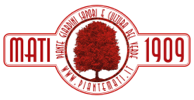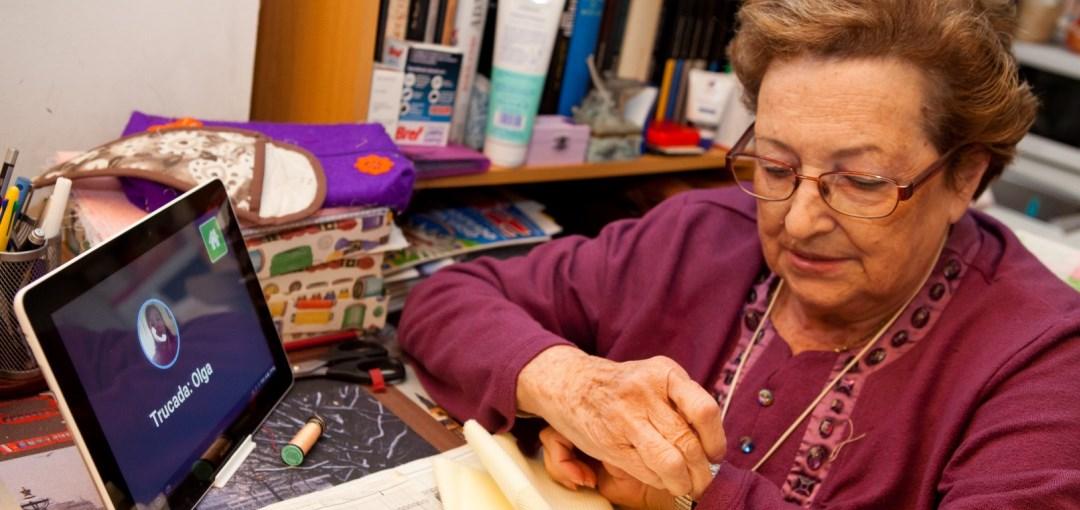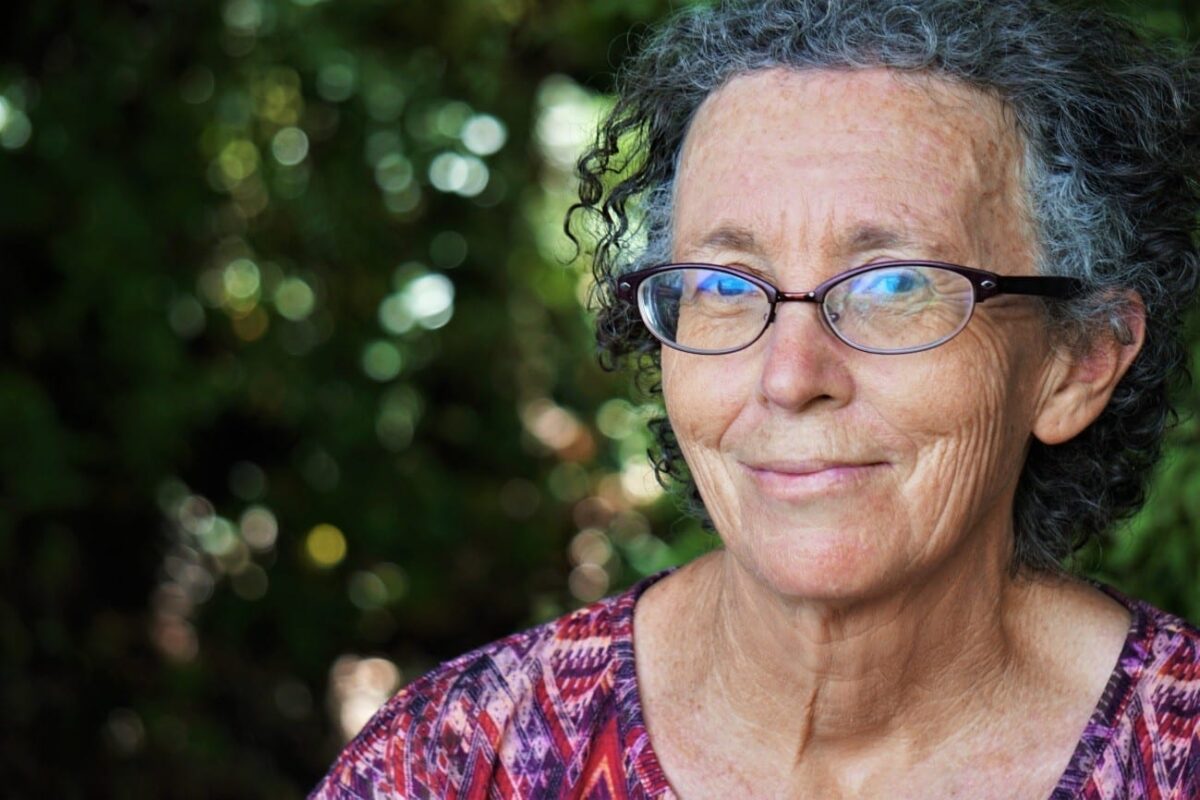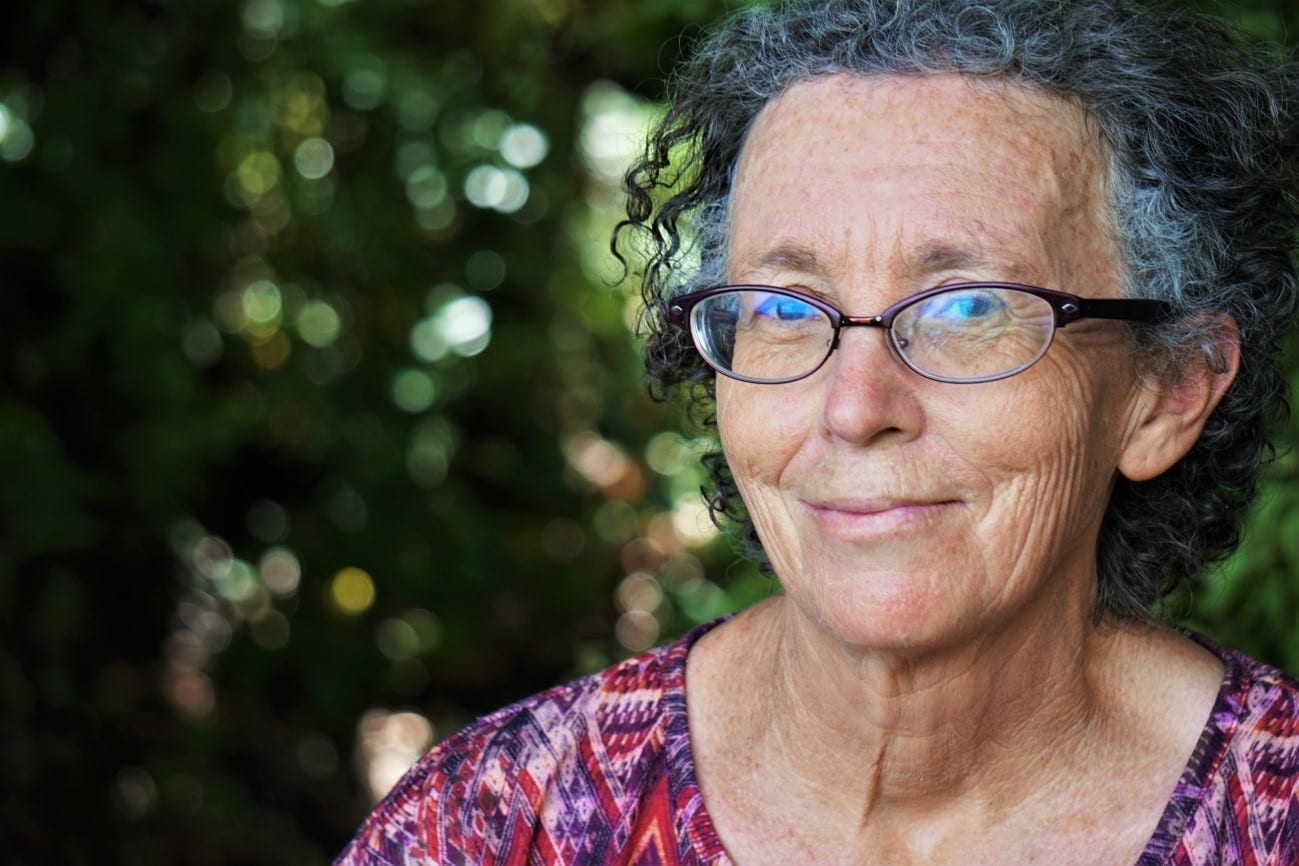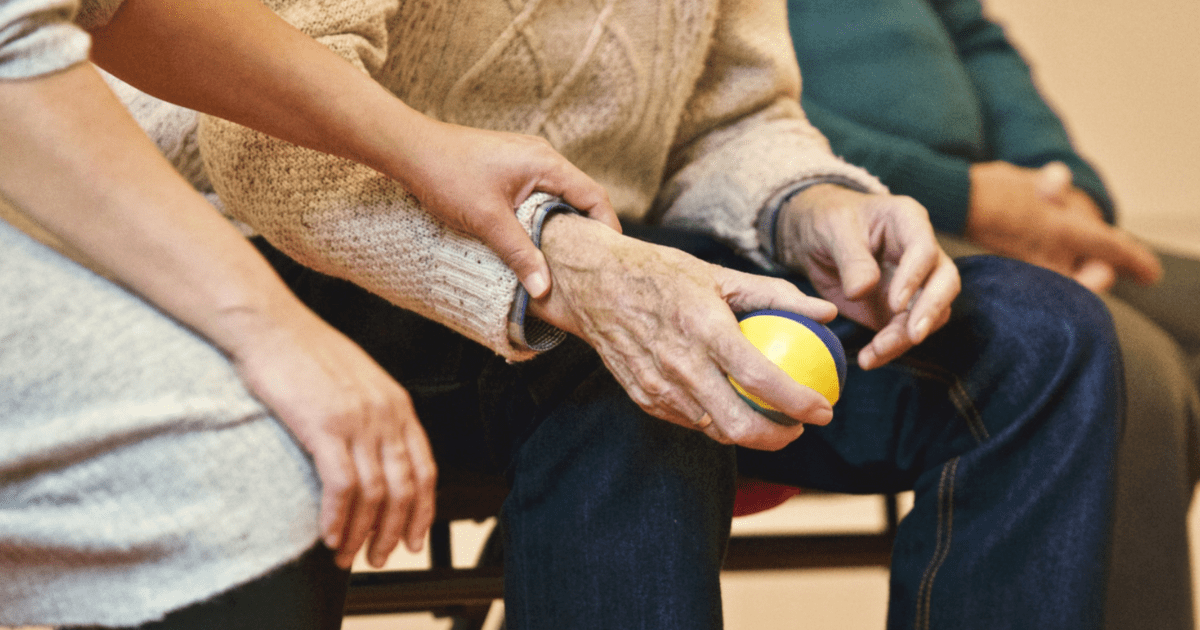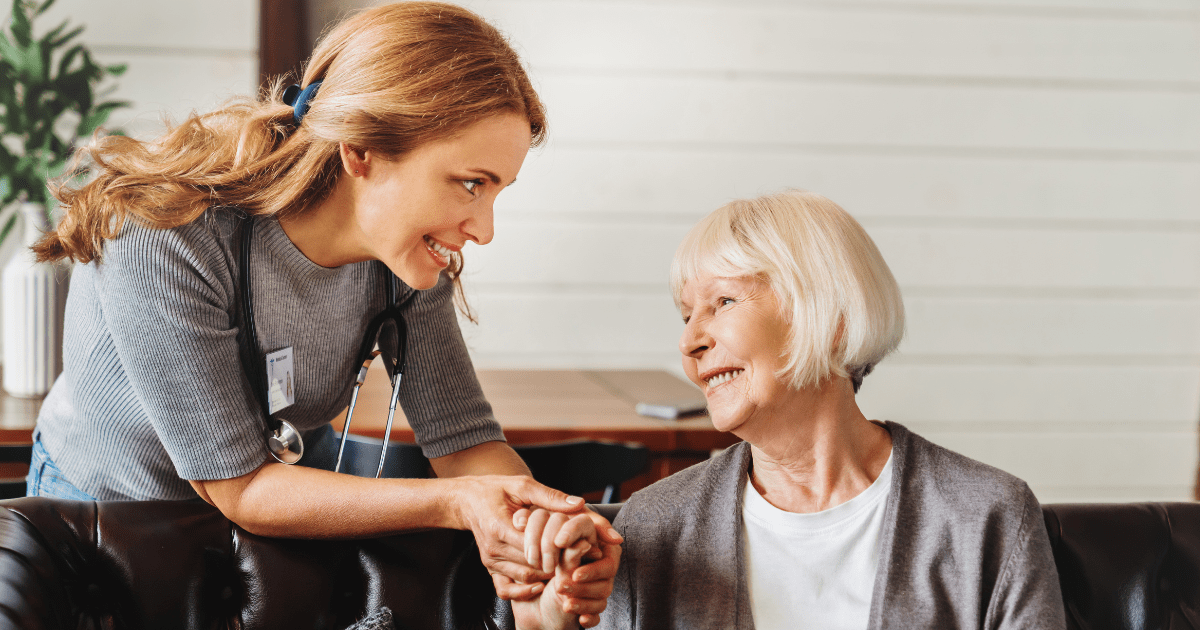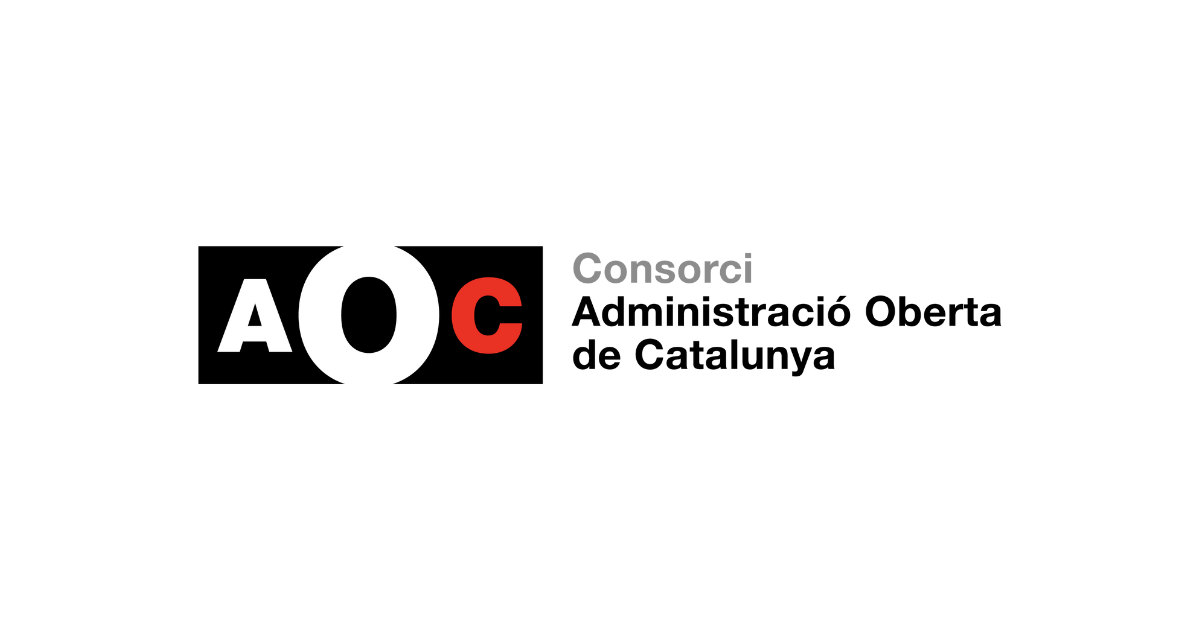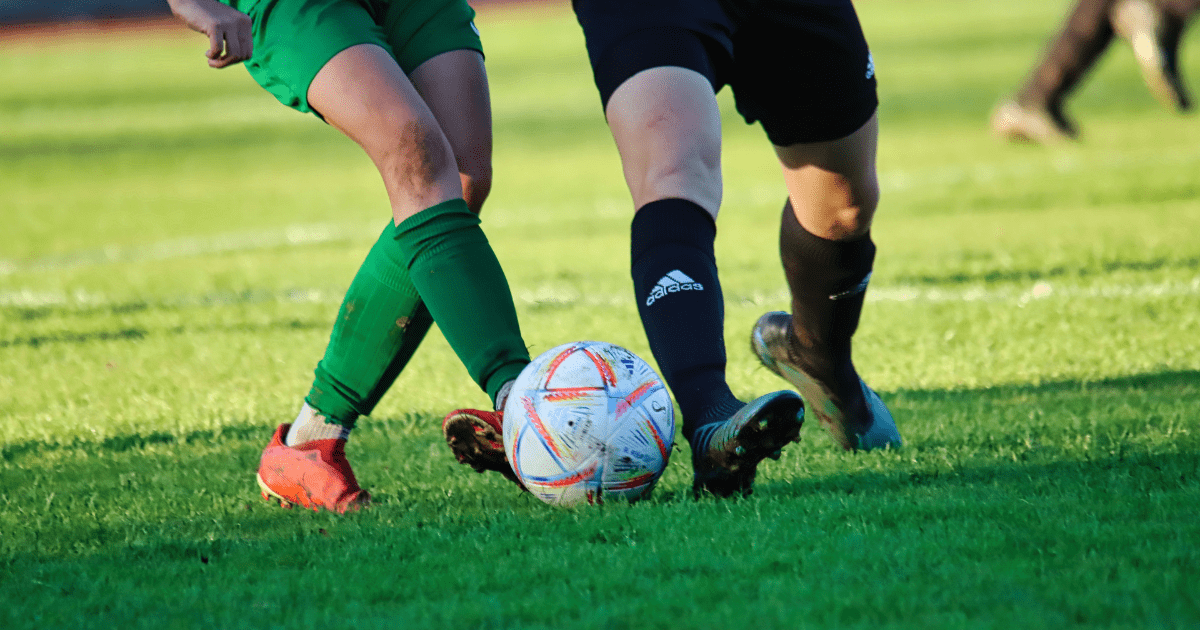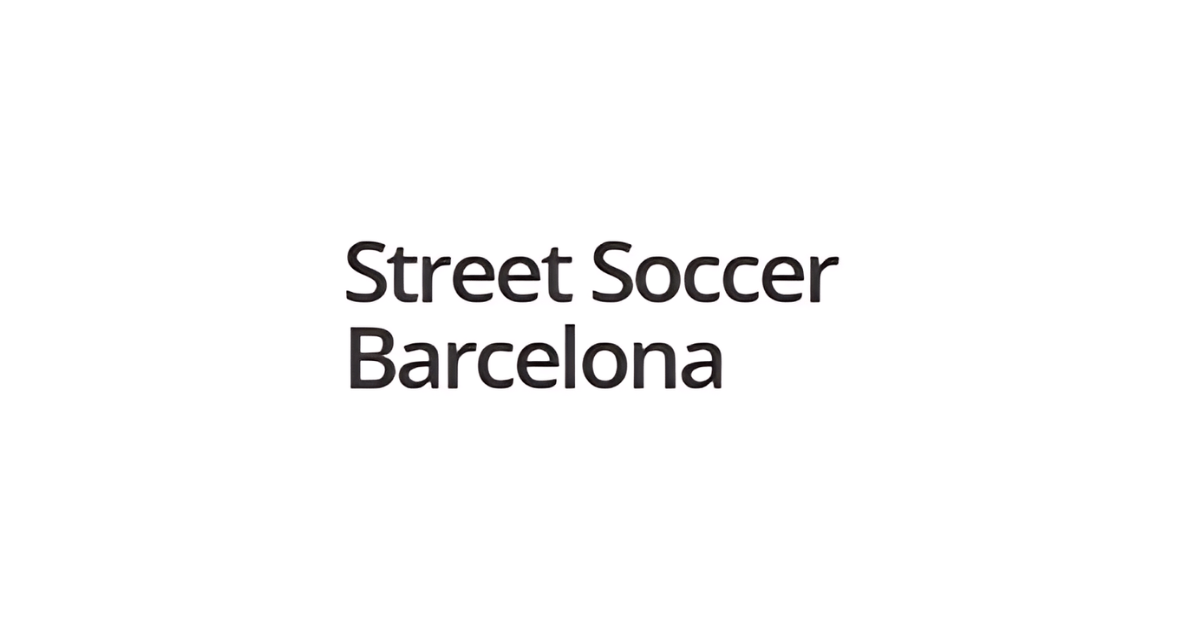Artificial Inteligence for identification of social vulnerability
Artificial Inteligence for identification of social vulnerability
City of Espoo

Foto: City of Espoo
Big Data Analysis through Artificial Intelligence (IA) of multiple demographic databases to identify which people in a municipality need social help. This is a successful experiment carried out in 2017 by the City of Espoo (Finland), which has analyzed the social, health, and educational data of the entire population of the municipality, around 520,000 people, between the years 2002 and 2016.
Population data has been analyzed grouped according to various family environments, rather than by traditional methods of individual analysis. The results have allowed to identify, for example, 280 predictive factors in the field of childhood vulnerability and to show that, although none of these individual factors is a risk, the simultaneous occurrence of several factors can be a risk.
This pioneering experience of the Espoo City Council has shown that the analysis of a large volume of data from different origins through Artificial Intelligence techniques can play a very important role in the future of Social Services.
Location
Espoo, Finland
Partners / Funders
Tieto
Genesis
This Big Data experience of the City of Espoo is part of the 6AIKA strategy for sustainable urban development, a joint strategy of the six largest cities in Finland: Helsinki, Espoo, Vantaa, Tampere, Turku, and Oulu. 6AIKA seeks to jointly tackle the challenges of urbanization and the evolution towards ever smarter and inherently human-centric cities.
Implementation level
The Municipal Services of Espoo consider this first experience of Big Data analysis as a first step in the introduction of Artificial Intelligence in Finnish Social Services systems.
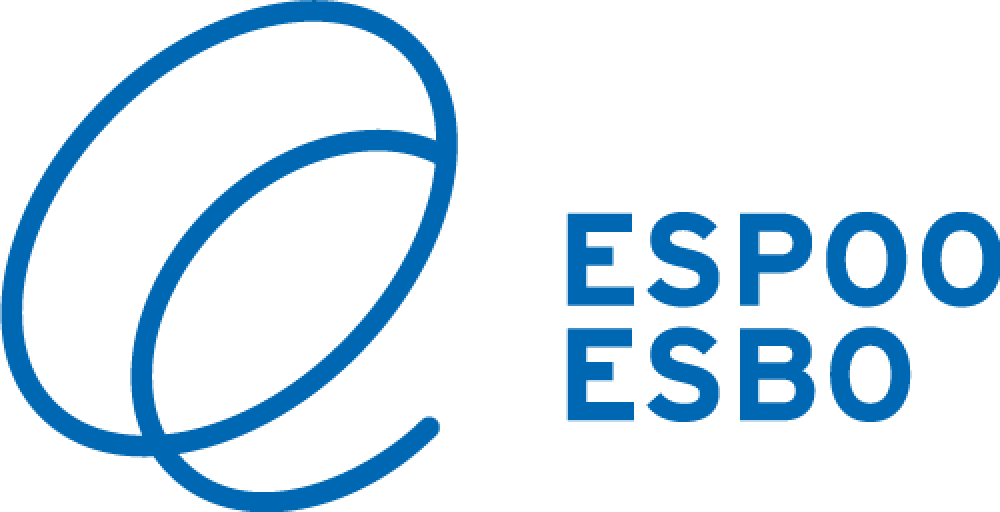
Banc d’innovacions

